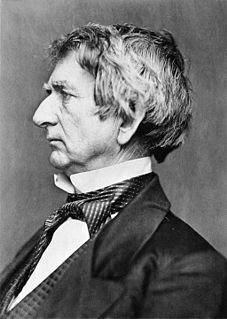A Quote by Joe Sestak
Executive privilege is nowhere to be found in the Constitution, and thus is a very limited principle.
Related Quotes
The principle of the Constitution is that of a separation of legislative, Executive and Judiciary functions, except in cases specified. If this principle be not expressed in direct terms, it is clearly the spirit of the Constitution, and it ought to be so commented and acted on by every friend of free government.
General irregularities are known in time to remedy themselves. By the constitution of ancient Egypt, the priesthood was continually increasing, till at length there was no people beside themselves; the establishment was then dissolved, and the number of priests was reduced and limited. Thus among us, writers will, perhaps, be multiplied, till no readers will be found, and then the ambition of writing must necessarily cease.
The complete independence of the courts of justice is peculiarly essential in a limited Constitution. By a limited Constitution, I understand one which contains certain specified exceptions to the legislative authority. Limitations of this kind can be preserved in practice no other way than through the medium of courts of justice, whose duty it must be to declare all acts contrary to the manifest tenor of the Constitution void. Without this, all the reservations of particular rights or privileges would amount to nothing.
I have talked to Barack Obama about Star Wars recently, in the Oval Office, and he is definitely a fan. Article 2, Section 1 of the Constitution creates executive privilege, and as for government regulation and information policy, so too for Star Wars, I will not disclose discussions in private with the President of the United States.
[T]he Constitution ought to be the standard of construction for the laws, and that wherever there is an evident opposition, the laws ought to give place to the Constitution. But this doctrine is not deducible from any circumstance peculiar to the plan of convention, but from the general theory of a limited Constitution.
I consider it…as subverting the fundamental and characteristic principle of the Government…and as bidding defiance to the sense in which the Constitution is known to have been proposed, advocated, and adopted. If Congress can do whatever in their discretion can be done by money, and will promote the General Welfare, the Government is no longer a limited one.






























